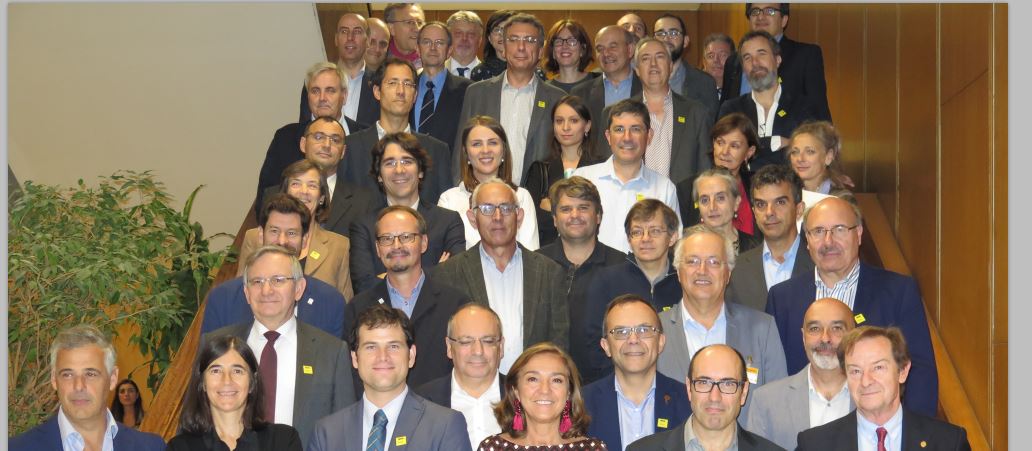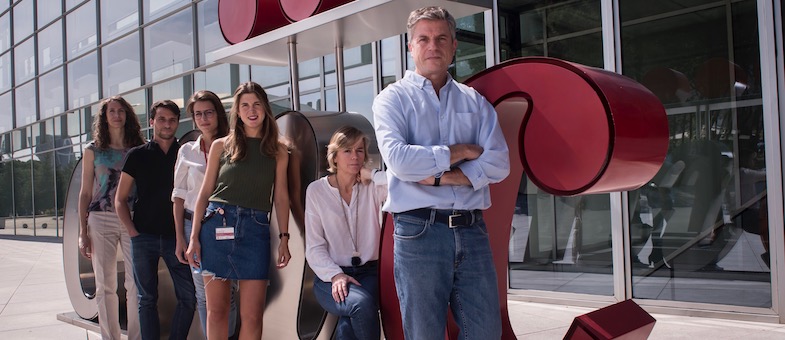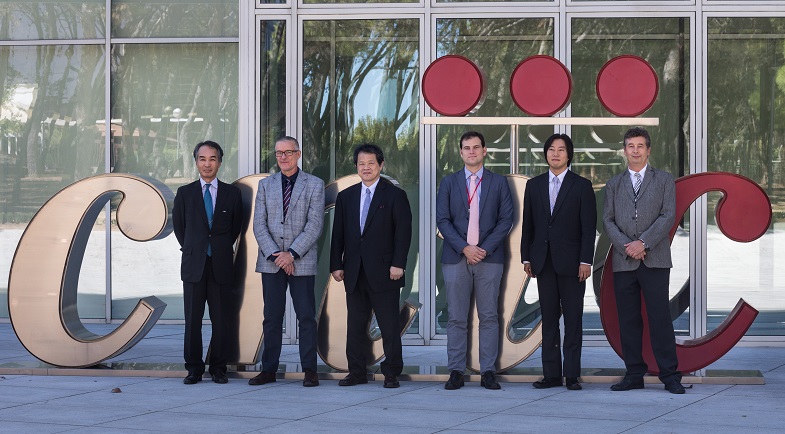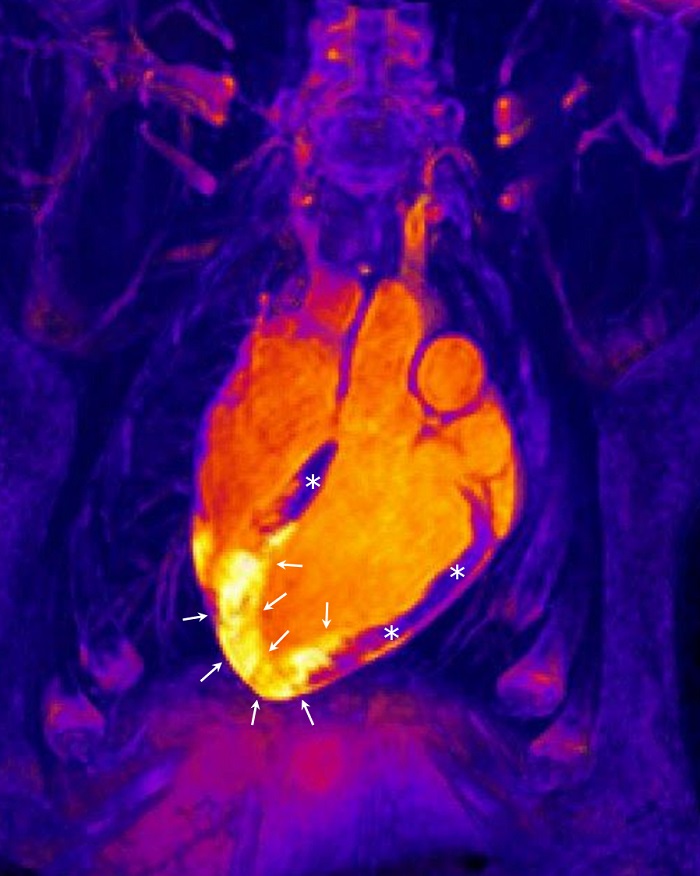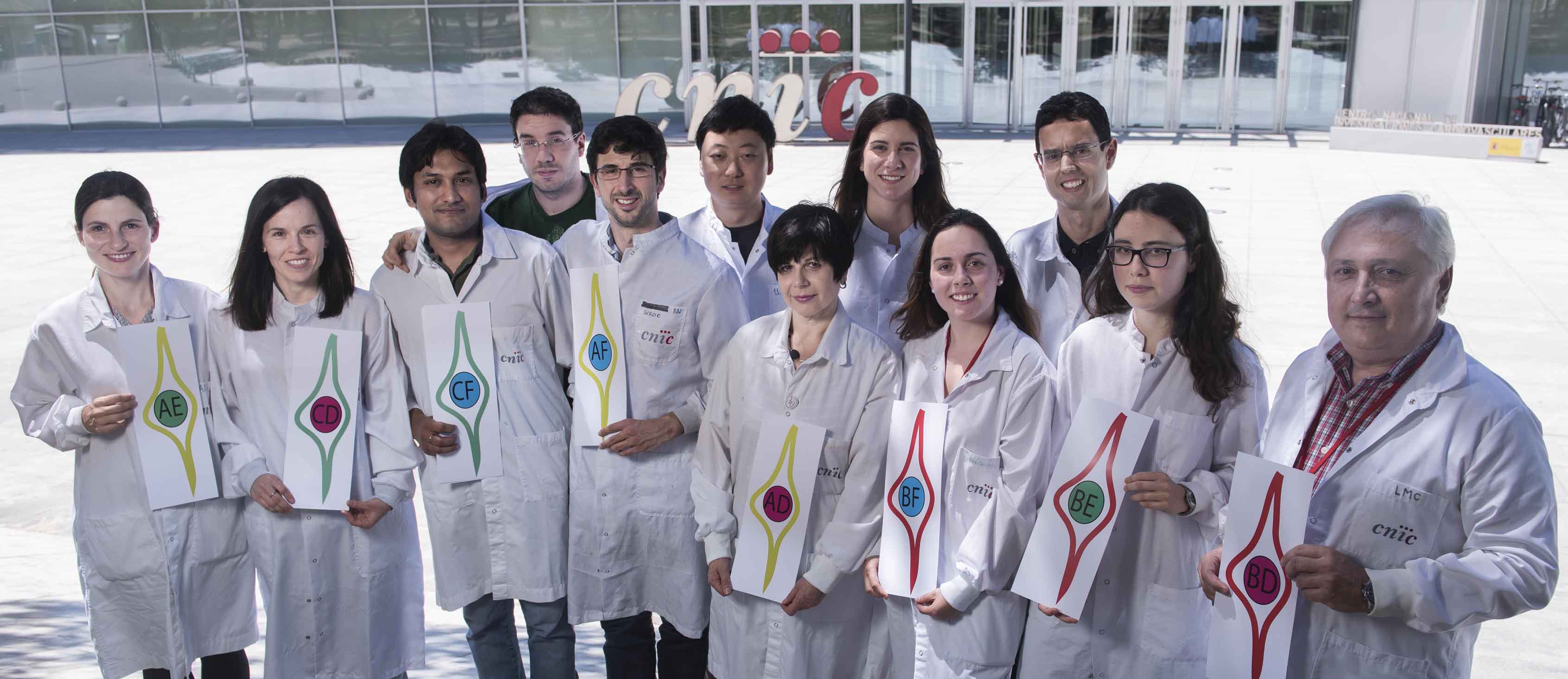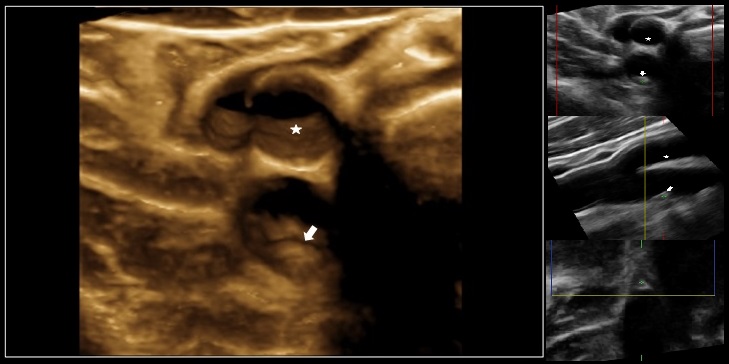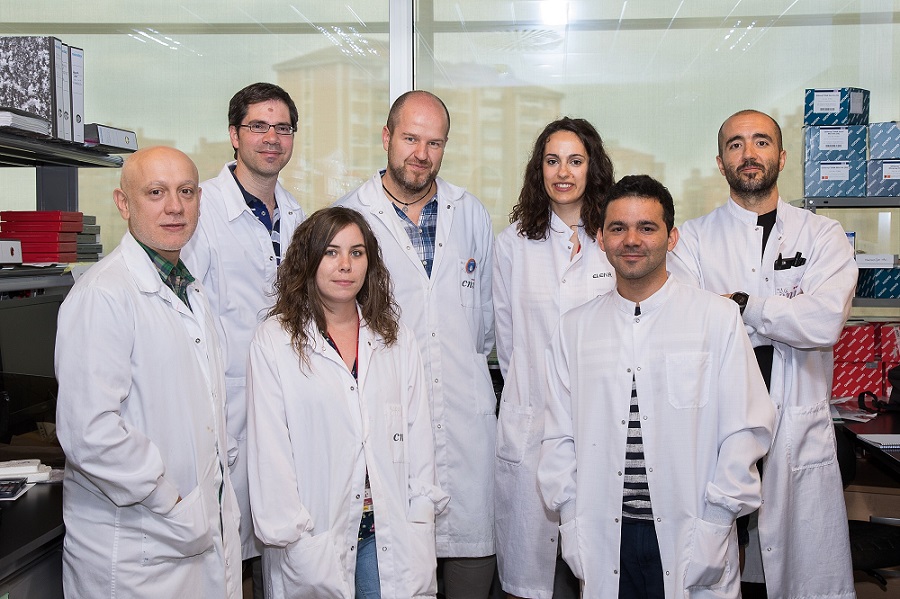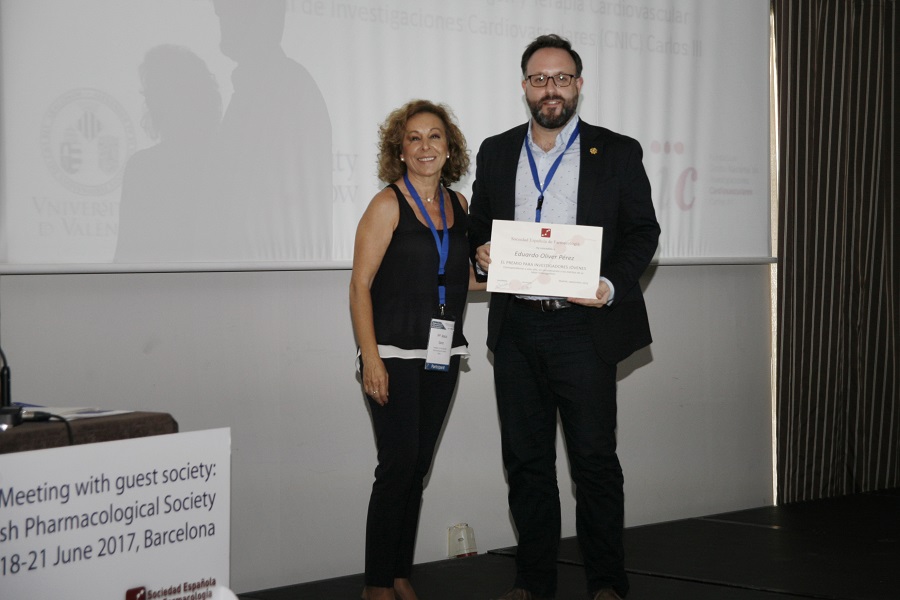News search
|
About the CNIC 18 Oct 2017
|
|
Research 3 Oct 2017 The PESA study shows that people who regularly eat a ‘low energy’ breakfast (supplying less than 5% of recommended daily calorie intake) double their risk of developing atherosclerosis independently of classical cardiovascular risk factors |
|
Research 26 Sep 2017 This control mechanism is important for pluripotency in the development of mammalian embryos |
|
About the CNIC 15 Sep 2017 Philanthropy, a way to connect individuals with institutions dedicated to research that increase the quality of life and improve society, is an act of generosity not sufficiently recognized today |
|
About the CNIC 13 Sep 2017 The Japanese Agency for Research and Medical Development (AMED) is an institution dedicated to improving medicine through research and development in Japan |
|
Research 22 Aug 2017 The study overturns the dogma that infarction is followed by progressive repair of the injured myocardium. |
|
Publications 10 Aug 2017 The study, published in Cell, will allow any researcher to induce multispectral genetic mosaics in vertebrate research models such as mice and zebrafish |
|
Research 24 Jul 2017 CNIC researchers show the value of total atherosclerosis burden for the identification of individuals at risk of cardiovascular disease |
|
Research 17 Jul 2017 The study, published in Nature Communications, demonstrates that tissue-resident and circulating memory T cells cooperate in anti-tumor immunity |
|
About the CNIC 27 Jun 2017 The Young Researcher Award of the Spanish Society of Pharmacology (SEF) is awarded to members of the SEF under 35 years of age with the best scientific career |
- ‹ previous
- 22 of 44
- next ›
